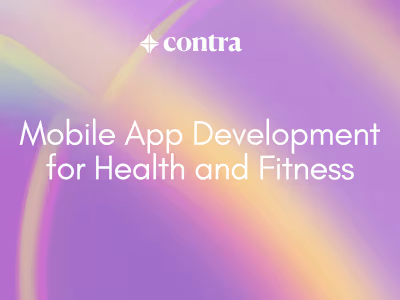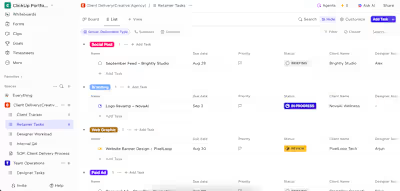Agile Transformation for a Financial Services Firm
Project Title:
Agile Transformation for Enhanced Productivity and Innovation
Objective:
Transform the existing project management processes of a financial services firm to an Agile framework, improving team productivity, fostering innovation, and accelerating time-to-market for new products.
Project Scope:
The project will involve a complete shift from traditional project management methodologies to Agile practices across multiple teams within the firm. This includes training and coaching team members, implementing Agile tools, and establishing a culture of continuous improvement and collaboration.
Key Deliverables:
Agile Training Programs: Comprehensive training sessions for all team members on Agile principles and practices.
Agile Tool Implementation: Deployment of Agile project management tools (e.g., JIRA, Trello).
Team Coaching: Ongoing coaching and support for teams transitioning to Agile.
Agile Processes: Development of standardized Agile processes and documentation.
Metrics and Reporting: Establishment of performance metrics and reporting mechanisms.
Continuous Improvement: Framework for regular retrospectives and process improvements.
Key Responsibilities:
Facilitate Agile Training: Organize and conduct training sessions to educate teams on Agile methodologies.
Implement Agile Tools: Oversee the deployment and adoption of Agile tools for project management and collaboration.
Provide Coaching and Support: Offer continuous coaching to teams, helping them navigate challenges and adopt best practices.
Standardize Processes: Develop and document standardized Agile processes tailored to the firm’s needs.
Monitor Progress: Track the progress of the Agile transformation using metrics such as velocity, cycle time, and team satisfaction.
Foster a Collaborative Culture: Promote a culture of open communication, collaboration, and continuous improvement.
Engage Stakeholders: Keep stakeholders informed about the transformation progress and gather feedback for continuous refinement.
Project Timeline:
Phase 1 (4 weeks):
Initial assessment of current processes and identification of areas for improvement.
Planning and scheduling of Agile training sessions.
Phase 2 (8 weeks):
Conduct Agile training for all teams.
Begin the implementation of Agile tools.
Phase 3 (12 weeks):
Ongoing coaching and support for teams as they transition to Agile.
Develop and document standardized Agile processes.
Phase 4 (8 weeks):
Monitor and report on the progress of the Agile transformation.
Conduct regular retrospectives to identify and implement process improvements.
Phase 5 (4 weeks):
Final evaluation of the transformation.
Adjust and refine Agile practices based on feedback and metrics.
Establish a long-term plan for sustaining Agile practices.
Success Metrics:
Improved Team Productivity: Measure increases in team velocity and reduction in cycle times.
Faster Time-to-Market: Track the acceleration in the release of new products and features.
Enhanced Team Satisfaction: Gather feedback through surveys to assess team morale and satisfaction.
Higher Stakeholder Engagement: Evaluate the level of stakeholder involvement and satisfaction with the transformation process.
Continuous Improvement: Regularly review and improve Agile practices based on retrospective feedback.
This project aims to empower the financial services firm with Agile methodologies, fostering a culture of innovation, collaboration, and continuous improvement, ultimately driving better business outcomes and customer satisfaction.
Like this project
Posted Jun 21, 2024
Led Agile training, implemented tools, provided coaching, standardized processes, tracked progress, fostered collaboration, and engaged stakeholders
Likes
0
Views
40







